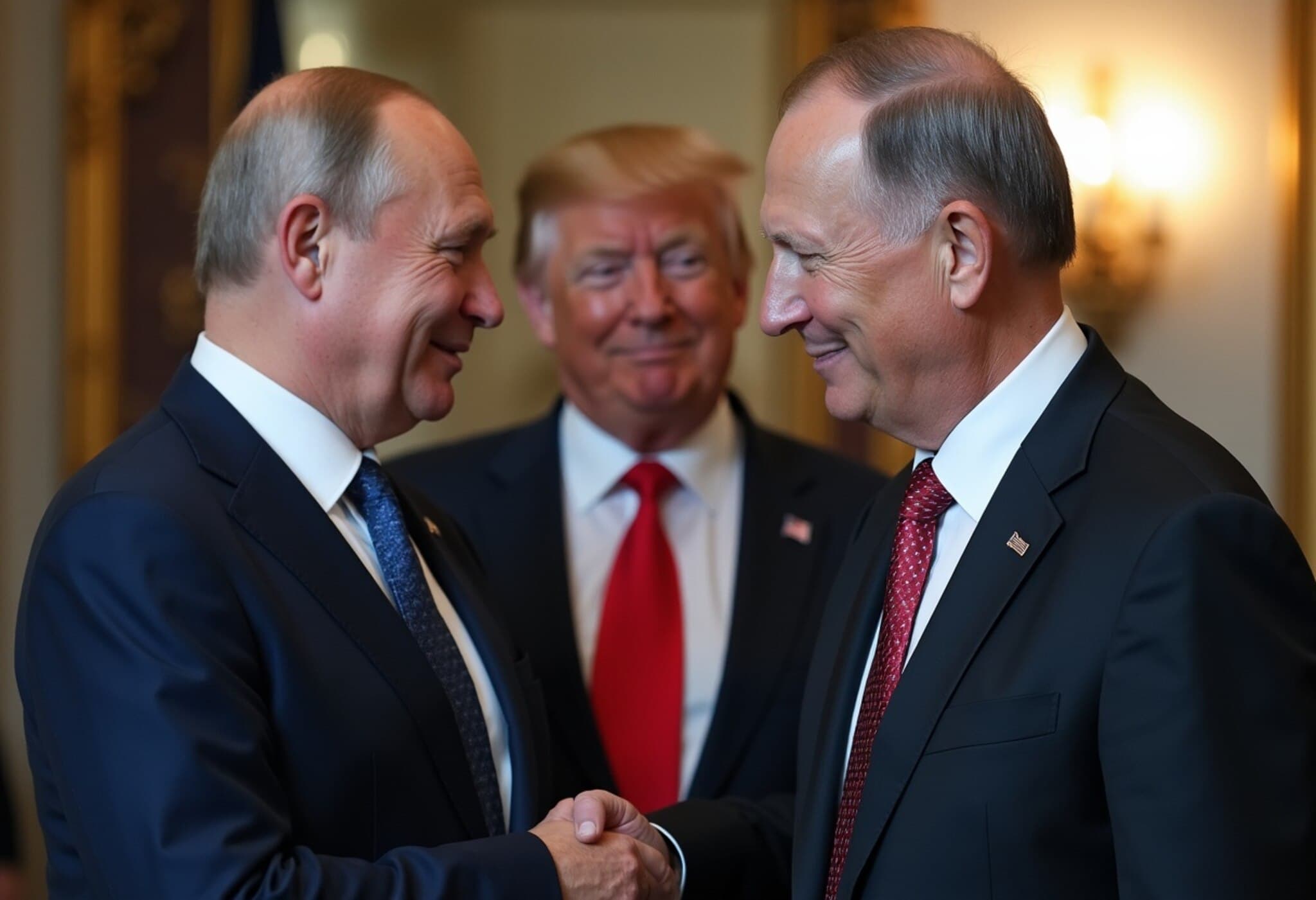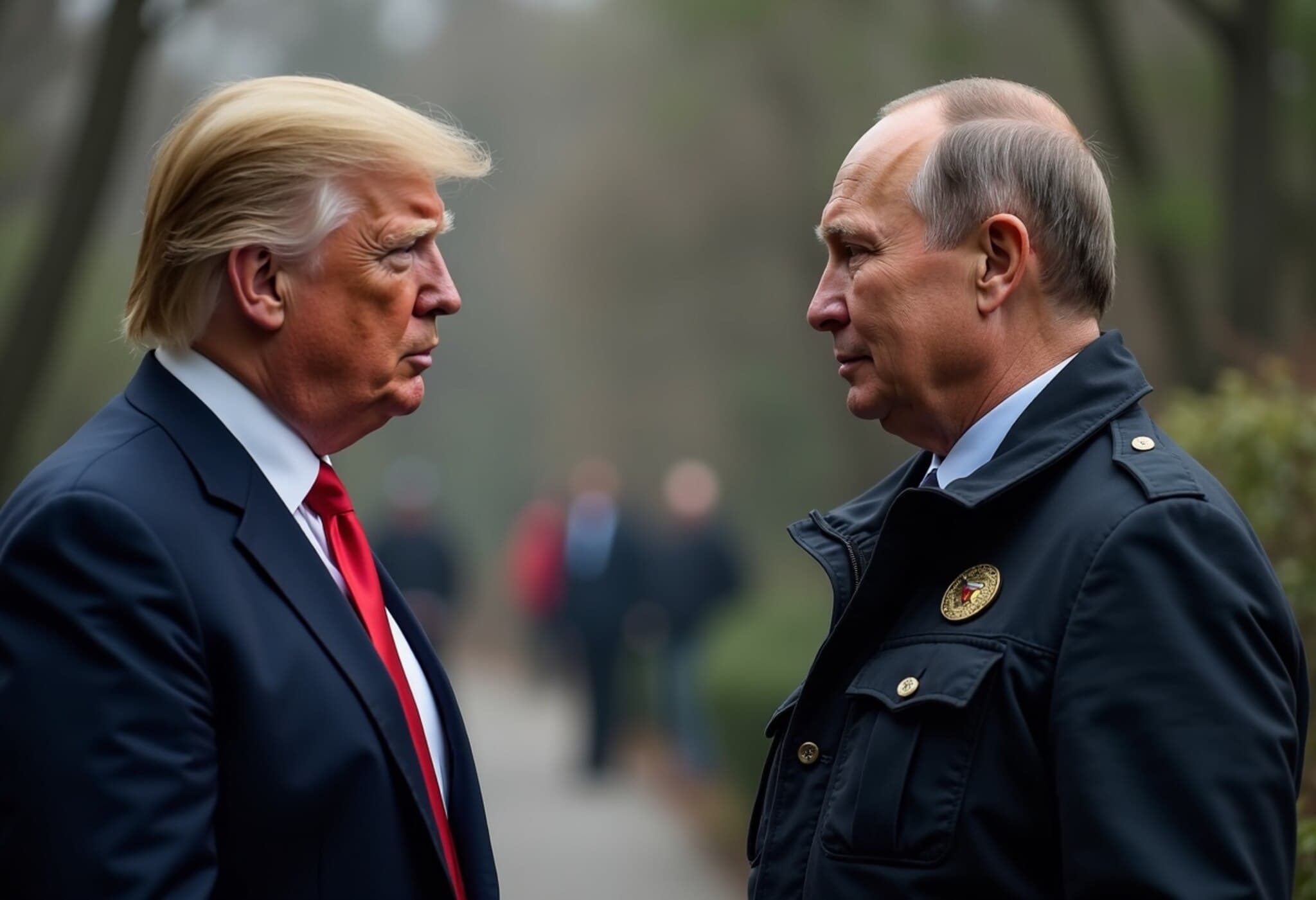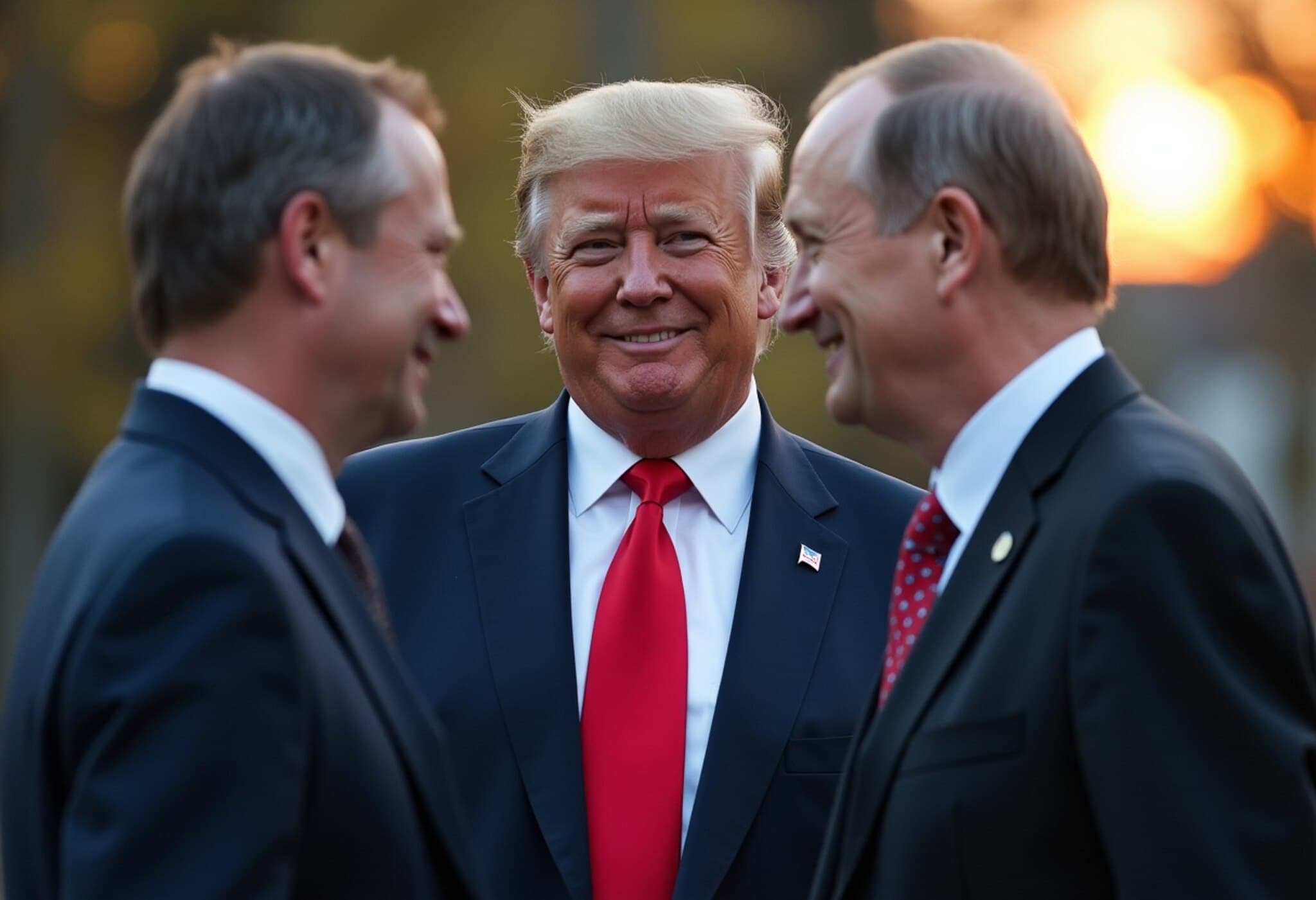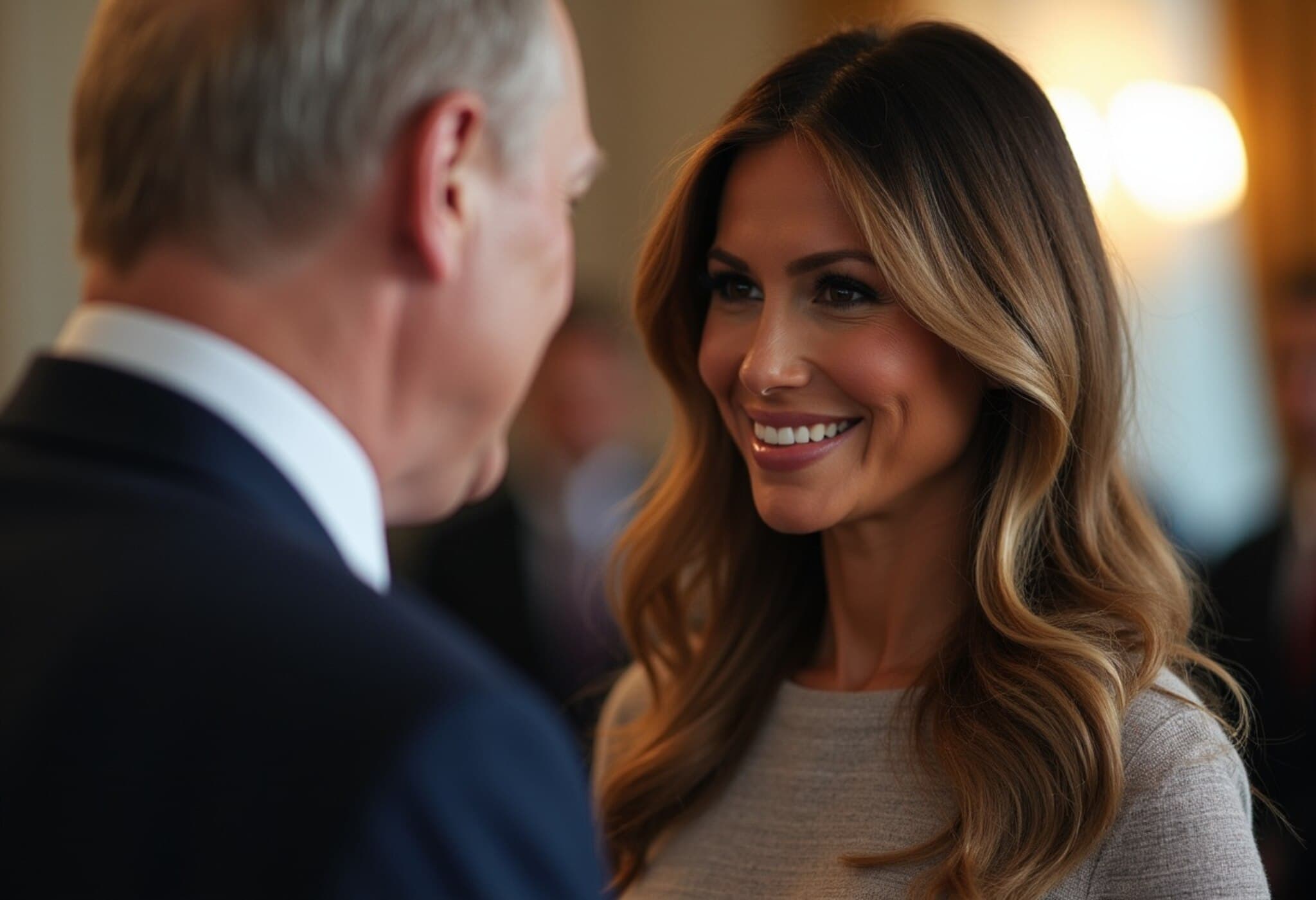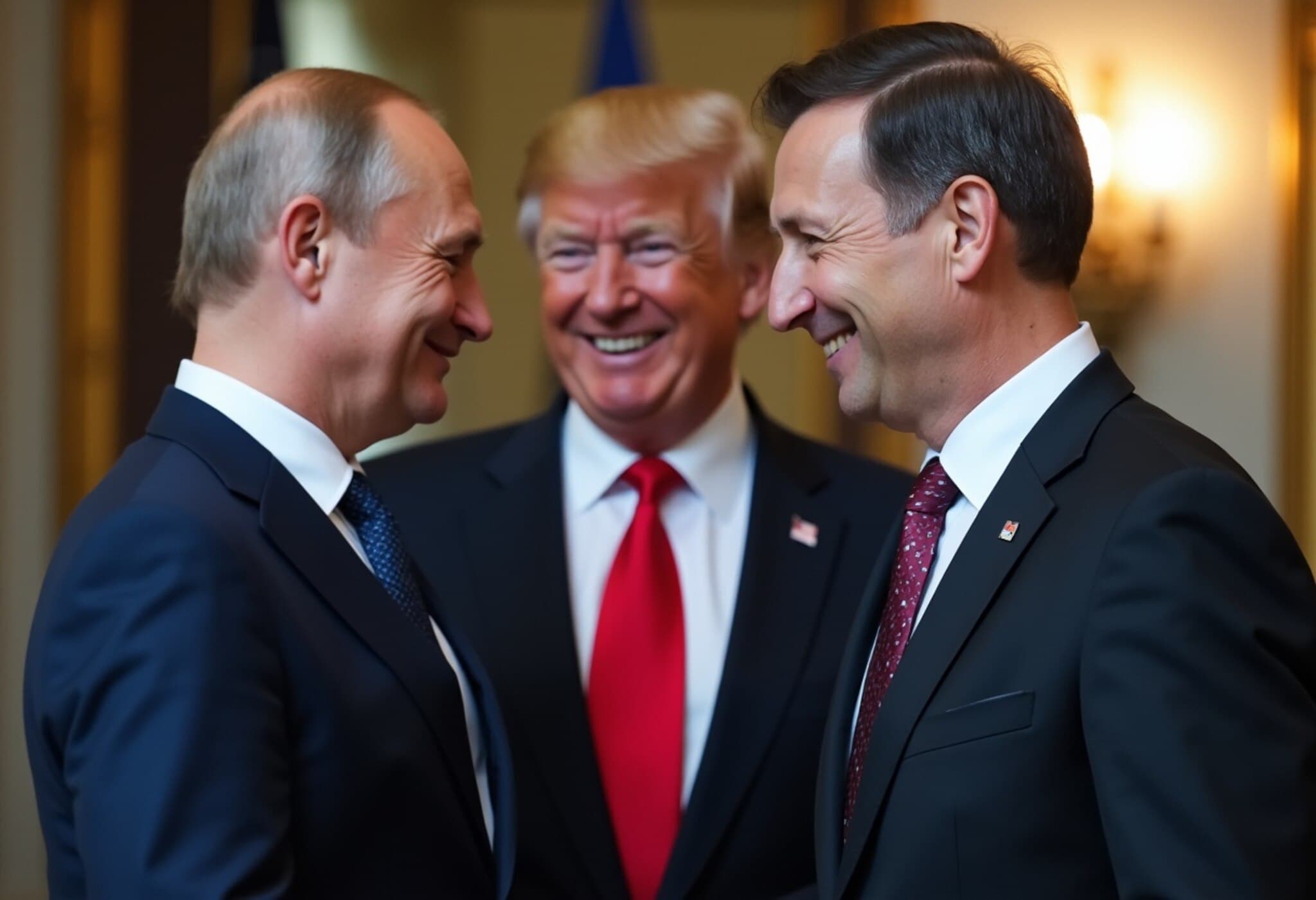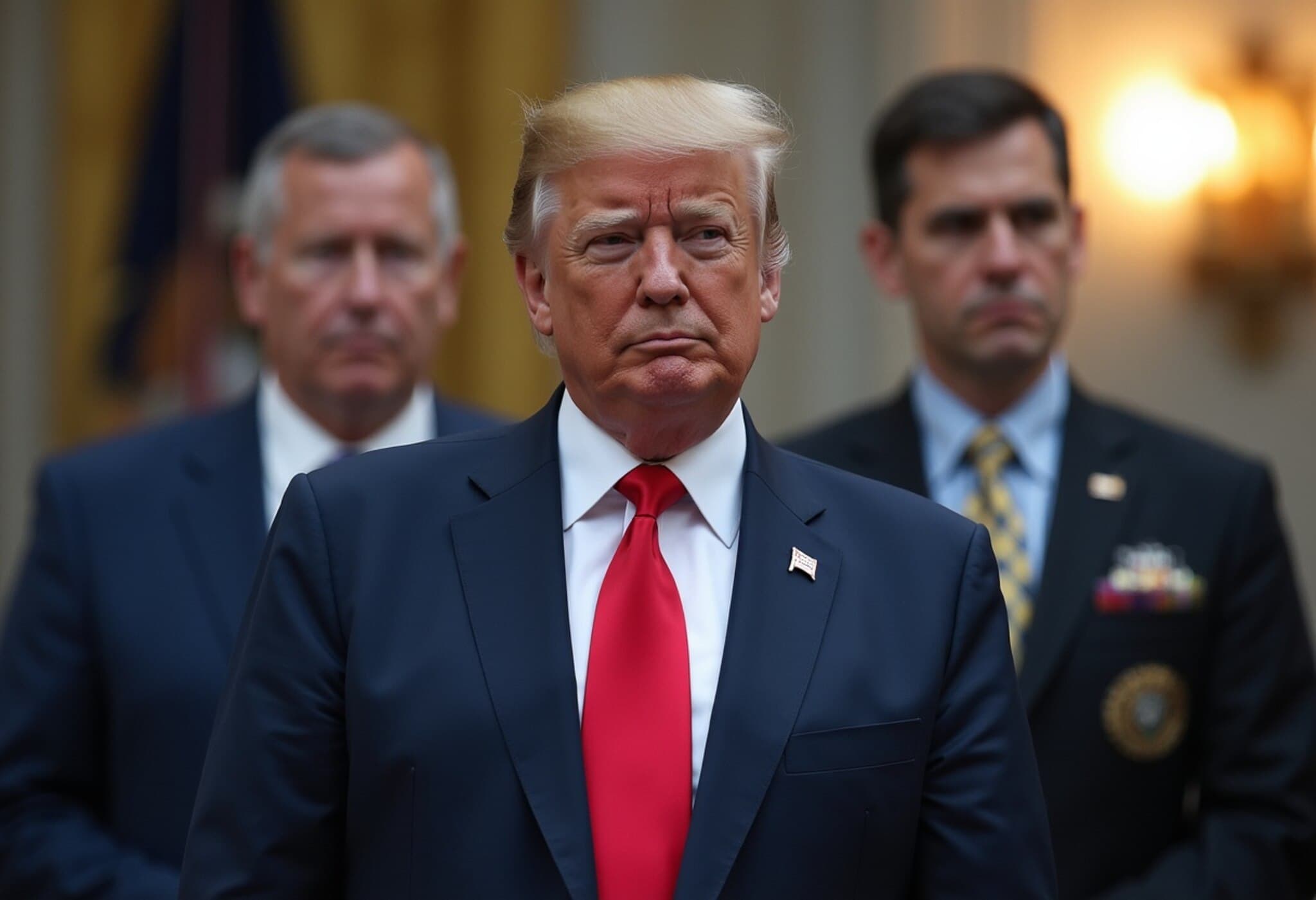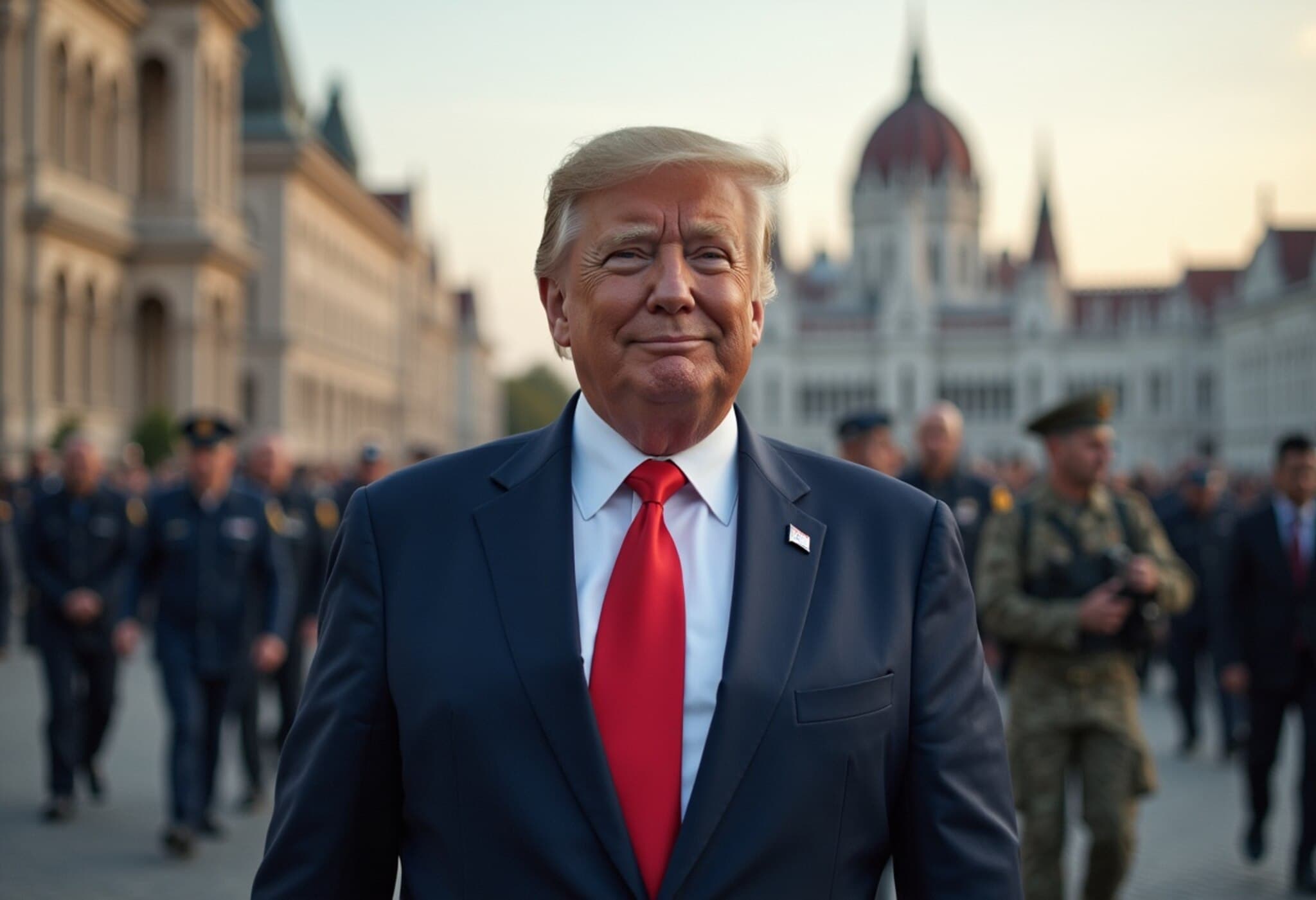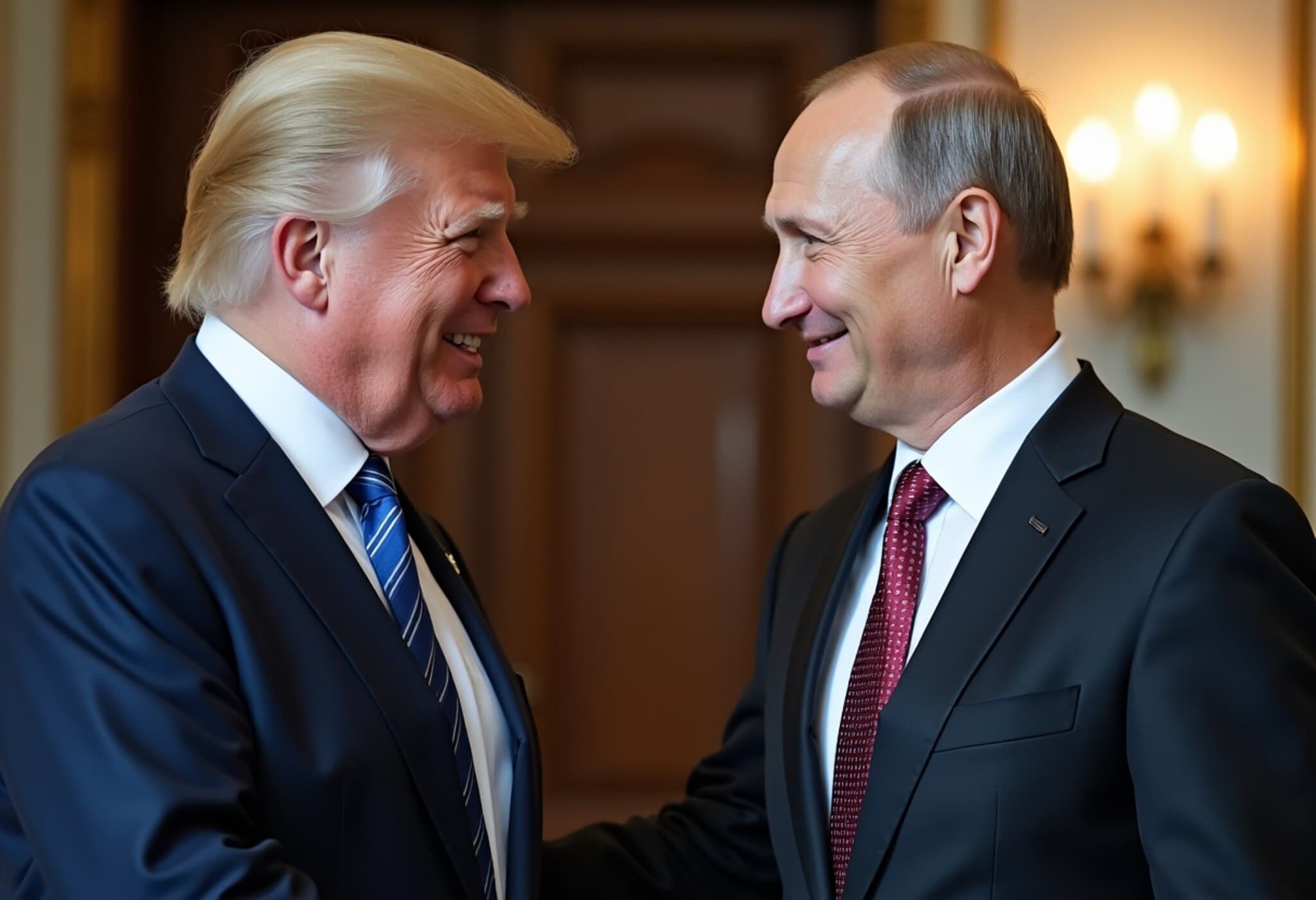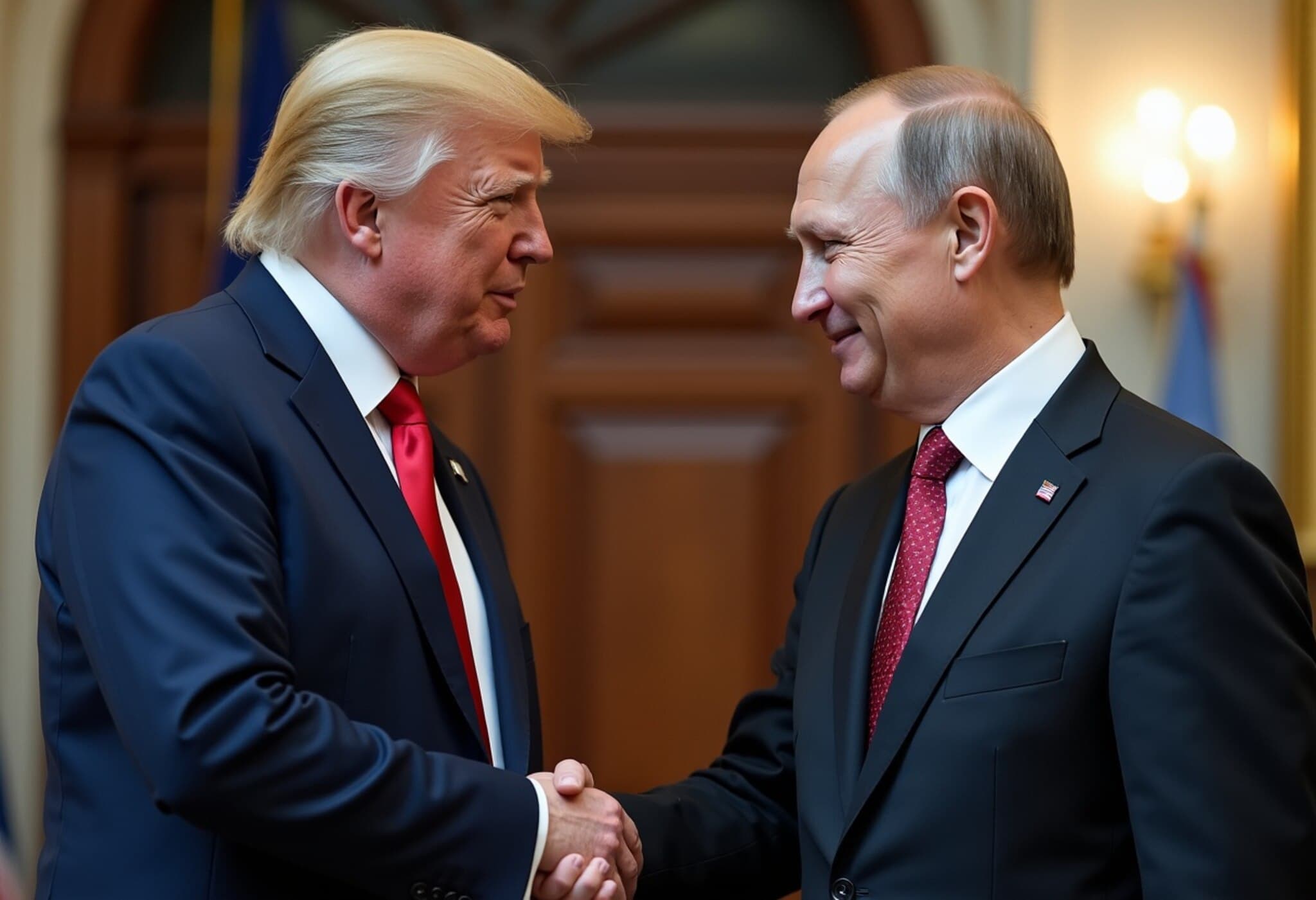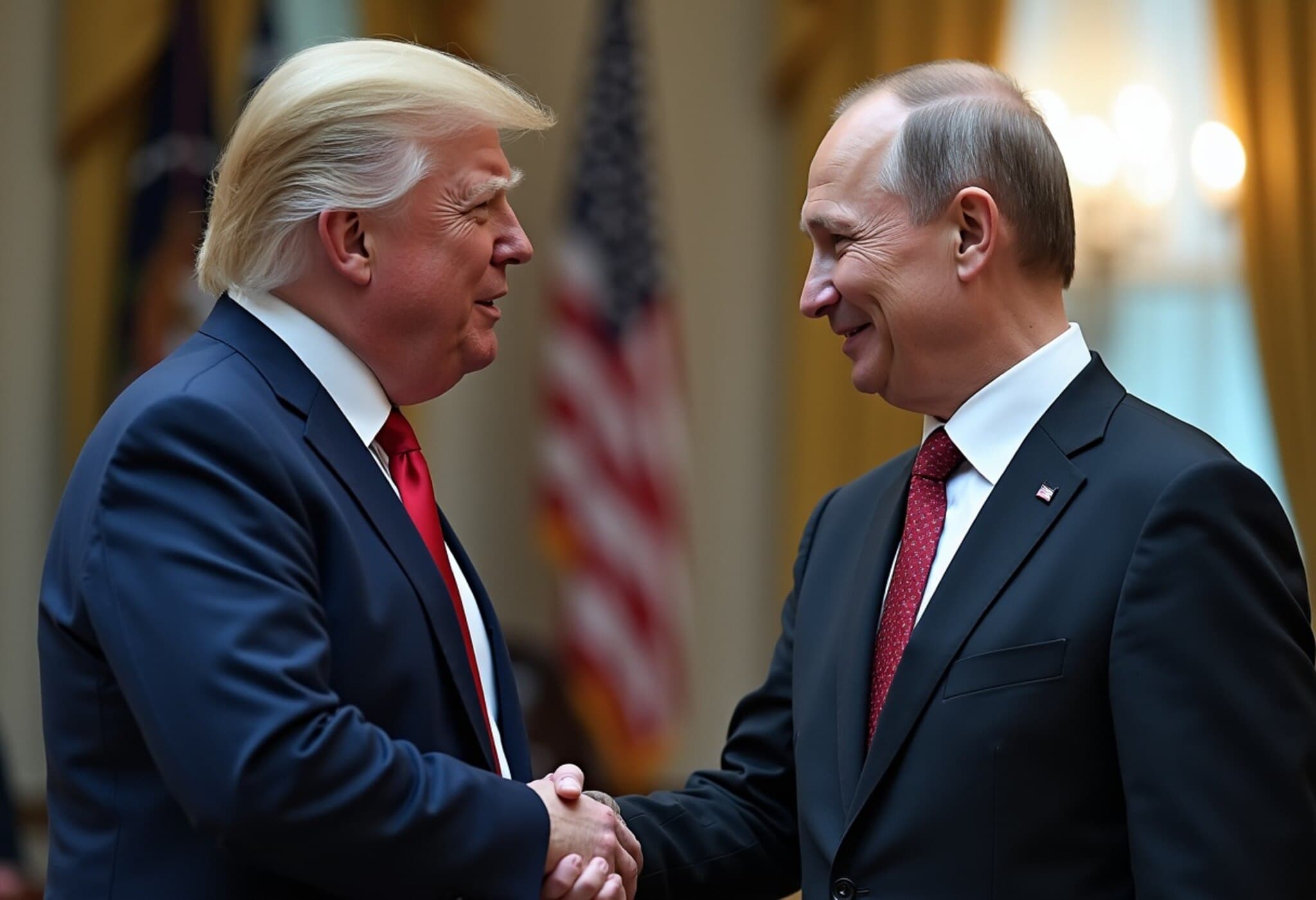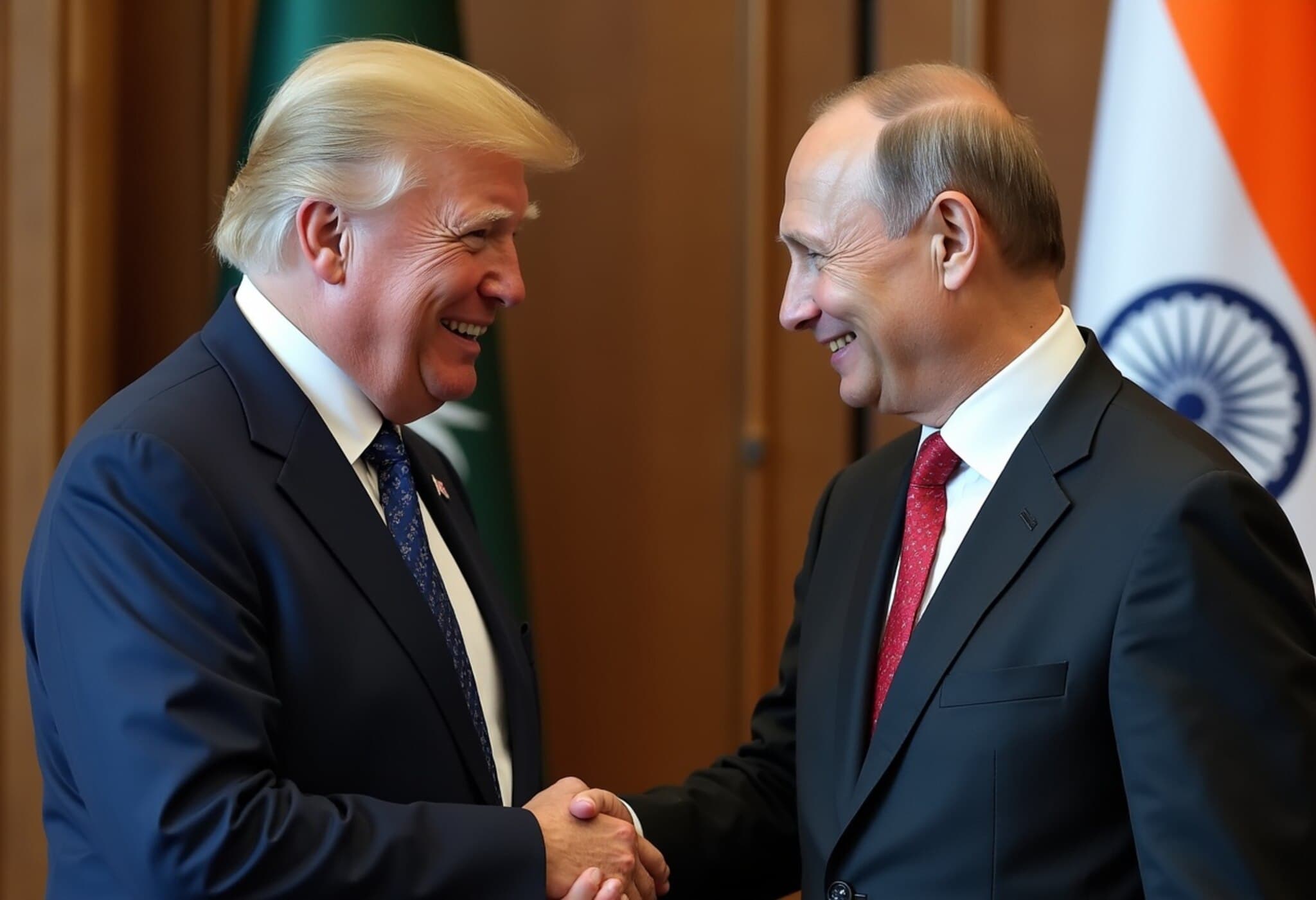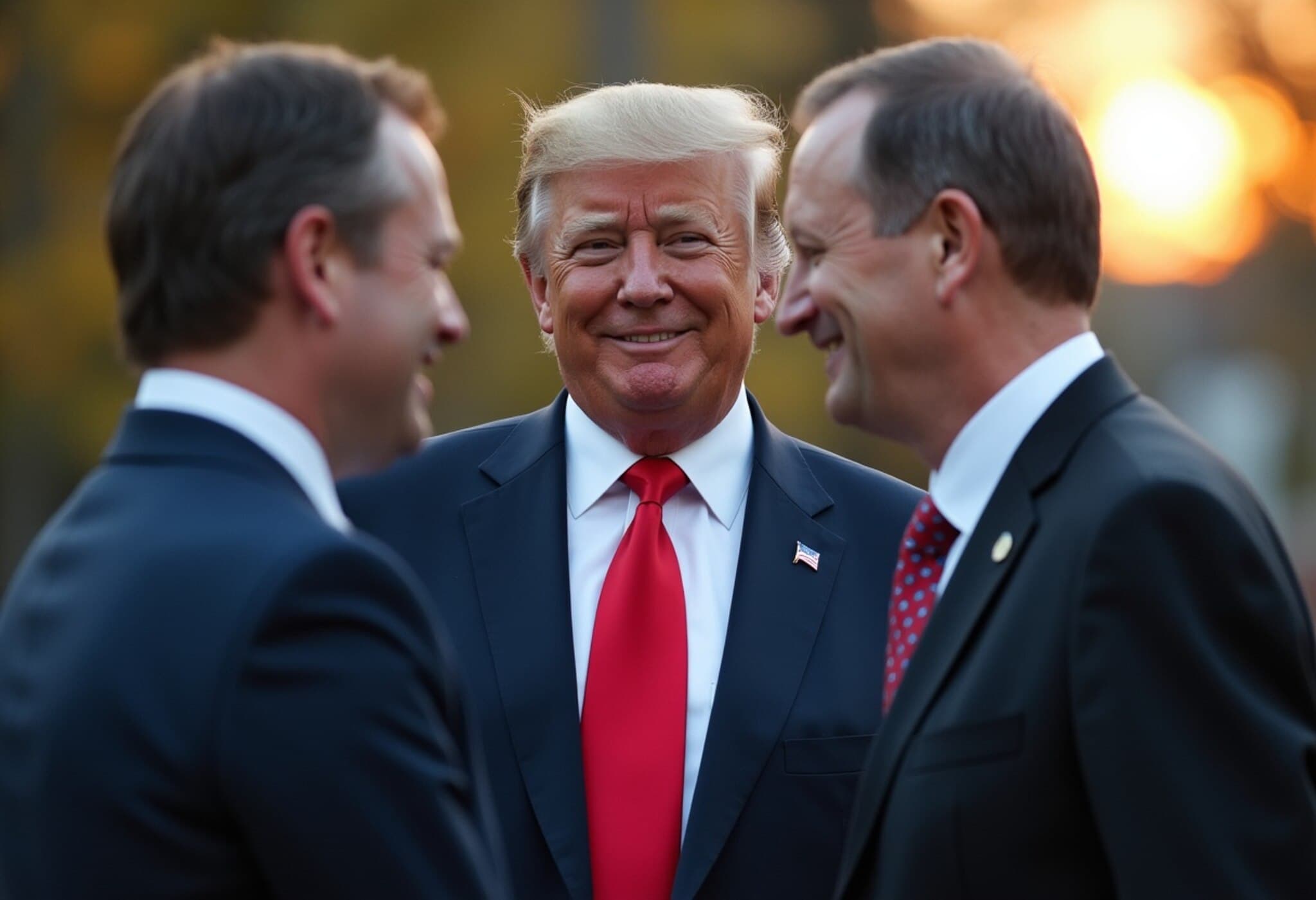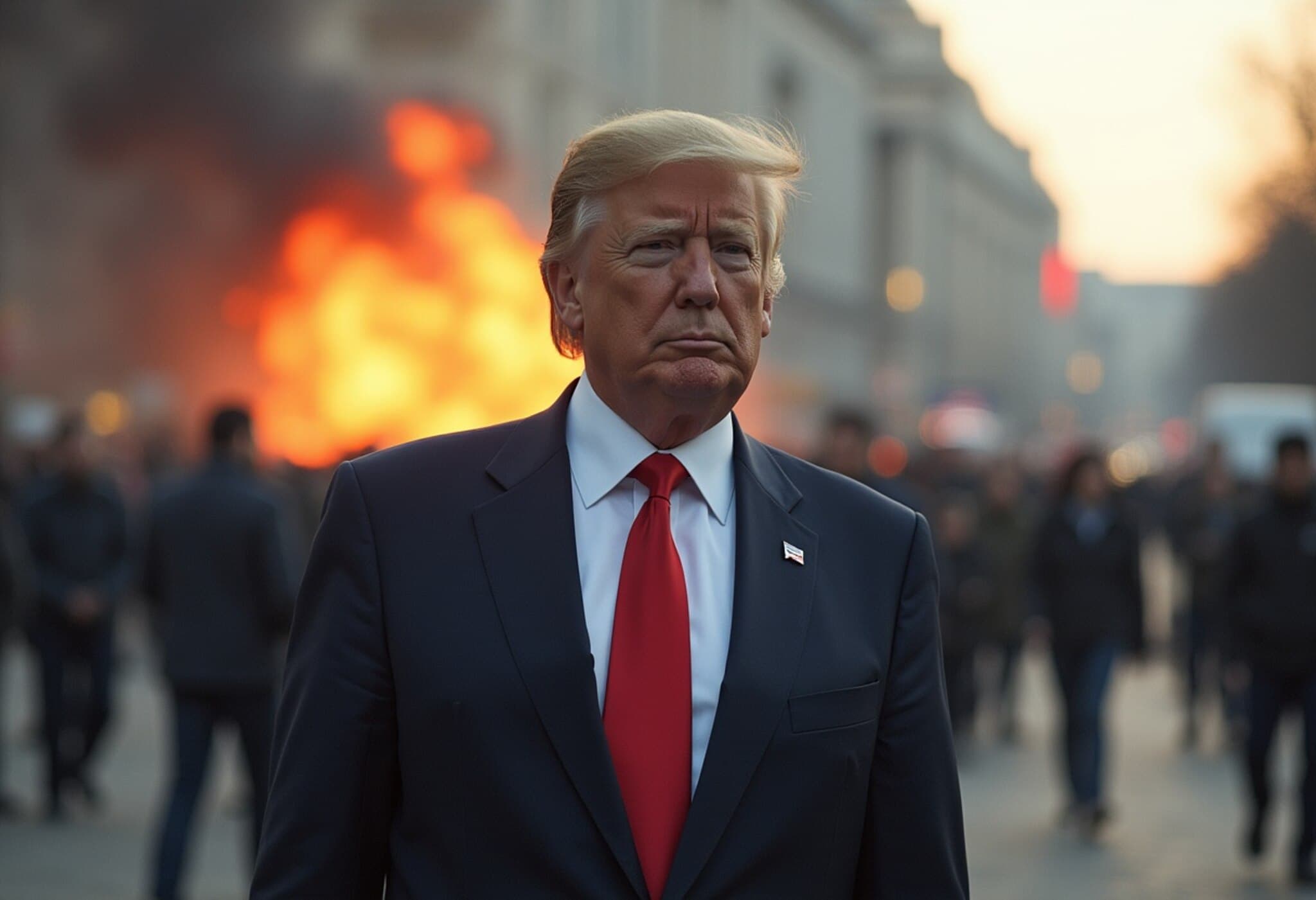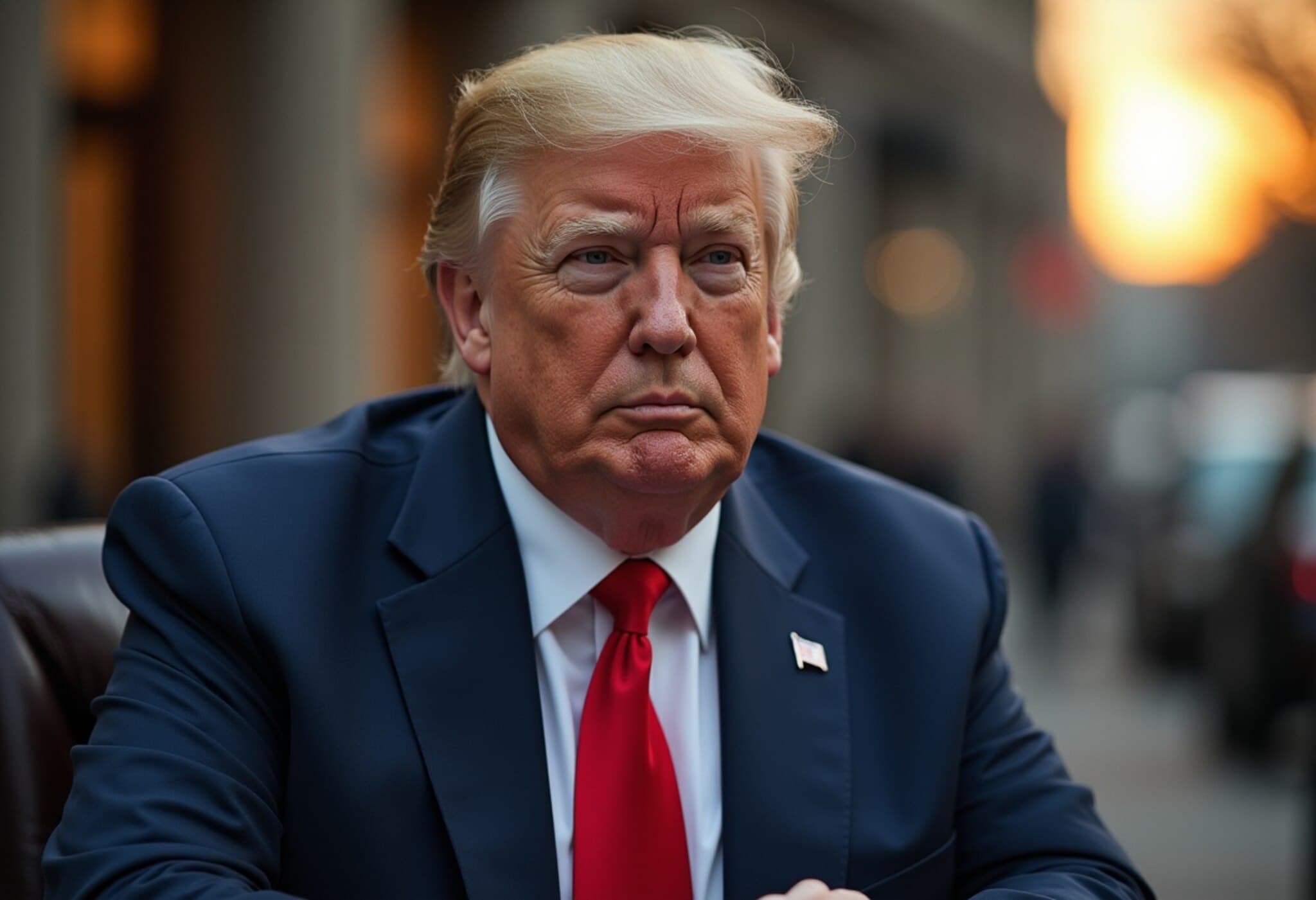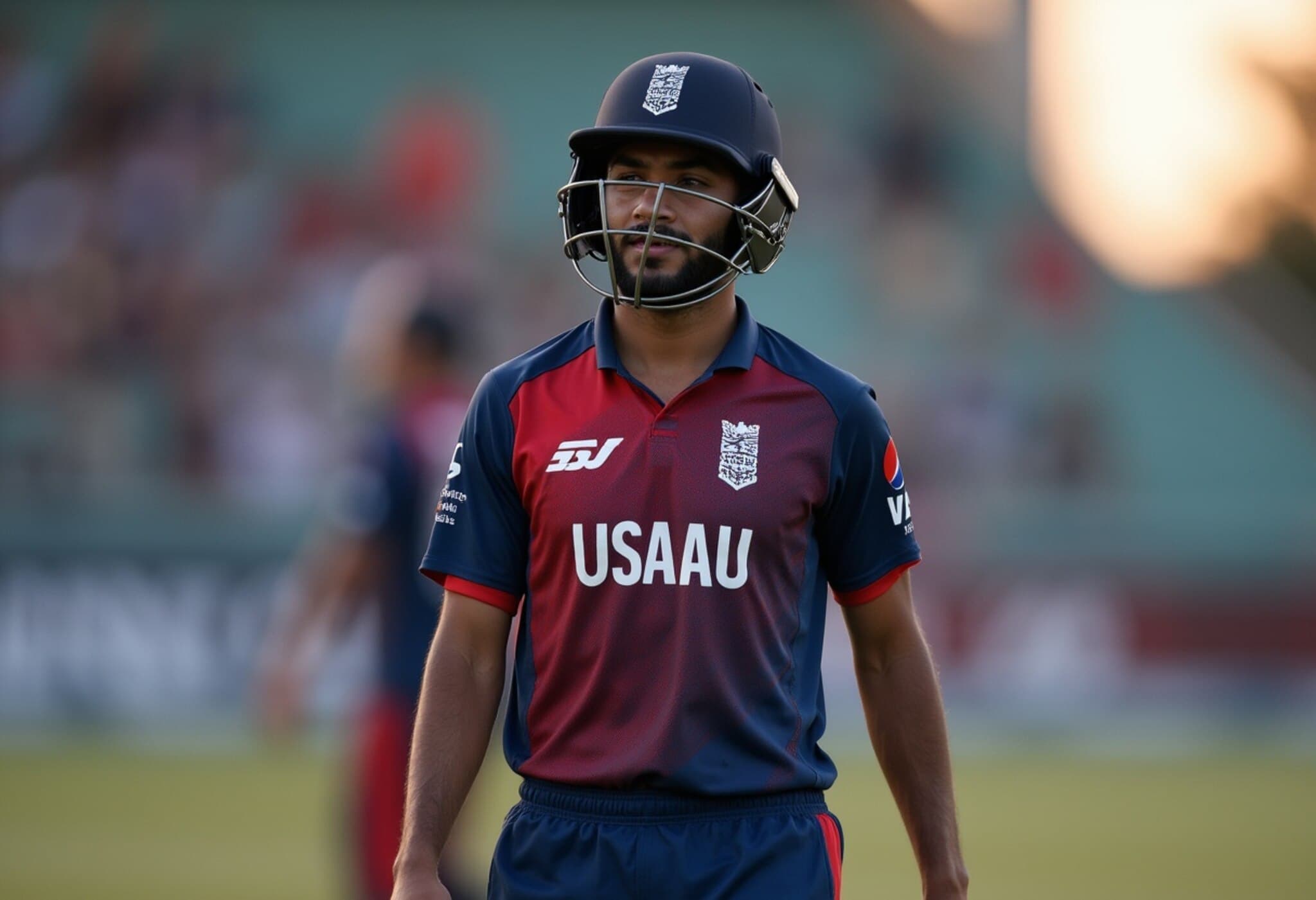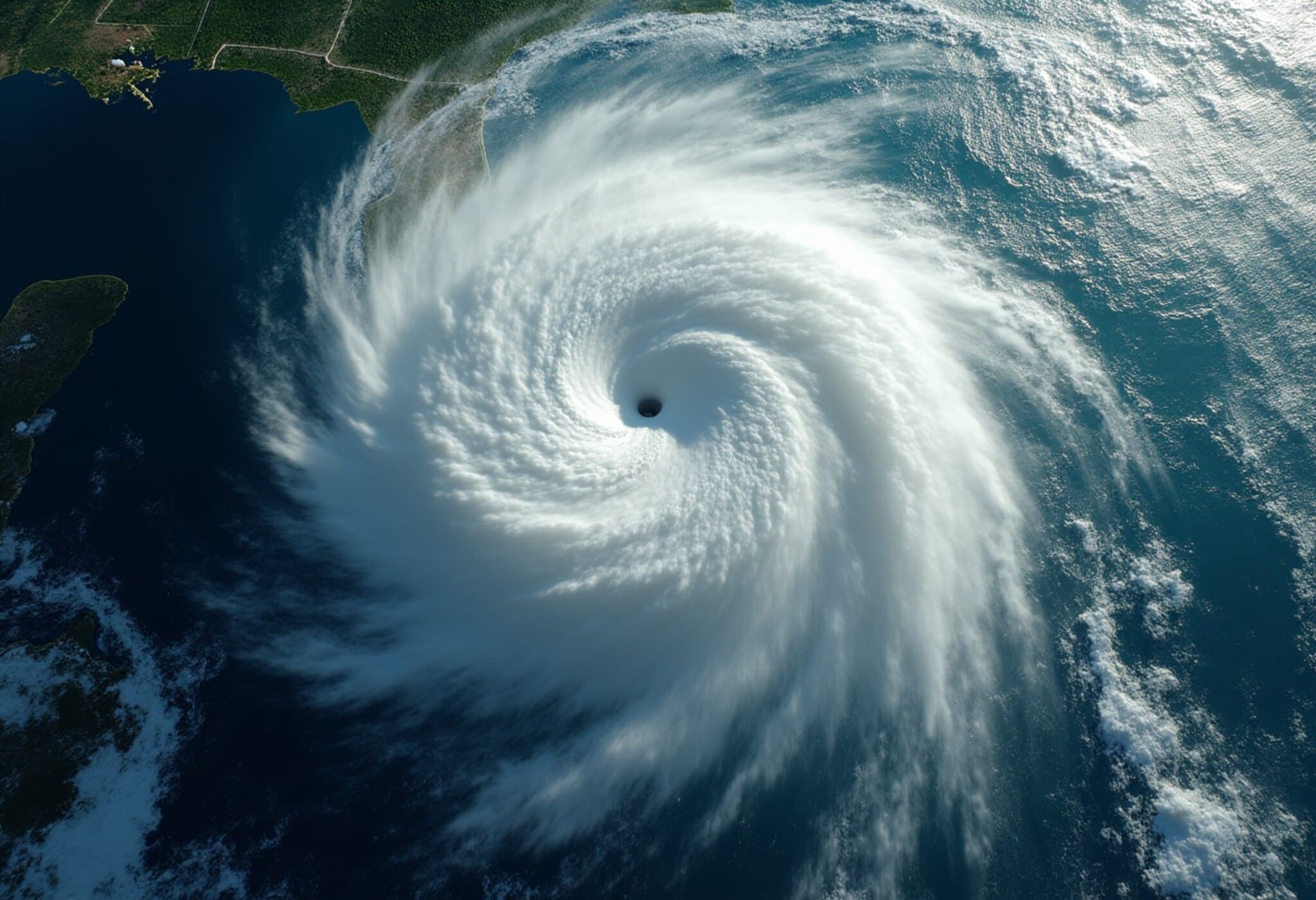Putin Suggests Trump Presidency Might Have Prevented Russia-Ukraine Conflict
Russian President Vladimir Putin reignited a politically charged debate on August 15, 2025, asserting that the devastating Russia-Ukraine war might never have unfolded if former US President Donald Trump had remained in office during 2022. This statement, made during a joint press conference following a high-profile summit in Alaska, echoes Trump’s long-standing narrative positioning himself as a potential peacebroker.
The Summit in Alaska: A Rare US-Russia Dialogue Amid Ongoing Conflict
At Joint Base Elmendorf-Richardson, Alaska, Trump and Putin met for nearly three hours—the first official summit between the two nations since Russia’s full-scale invasion of Ukraine began in February 2022. The summit’s primary focus was to explore pathways toward ending one of the deadliest conflicts in Europe in decades.
Putin notably criticized the prior US administration under Joe Biden, stating, “In 2022, during our last contact with the previous administration, I tried to convince my American colleague that the situation should not be brought to the point of no return.” He described the subsequent invasion of Ukraine as “a big mistake,” implicitly contrasting his rapport with Trump, whom he described as having fostered "a very good, business-like and trusting contact.”
Trump’s Vision for Peace: Beyond Ceasefire to a Comprehensive Settlement
Donald Trump emerged from the talks advocating for a direct peace agreement instead of the ceasefire Ukraine and many Western allies have long demanded. He posited that ceasefires tend to be fragile and might fail to deliver long-term peace. Trump wrote on Truth Social, “It was determined by all that the best way to end the horrific war between Russia and Ukraine is to go directly to a Peace Agreement, which would end the war, and not a mere Ceasefire Agreement, which often times do not hold up.”
This stance marks a significant deviation from prevailing US and allied strategies, emphasizing a swift diplomatic resolution over prolonged negotiations.
Diplomatic Prospects: Zelenskyy’s Response and the Reality on the Ground
Following the Alaska summit, Trump announced plans to hold discussions with Ukrainian President Volodymyr Zelenskyy at the White House with the aim of convening a trilateral summit including Putin. Zelenskyy expressed willingness to engage constructively, emphasizing Ukraine’s commitment to peace negotiations. On social media, he stated, “Ukraine reaffirms its readiness to work with maximum effort to achieve peace.”
However, Russian officials remained cautious. Putin himself did not confirm the possibility of a three-way summit, and Kremlin spokesman Yuri Ushakov indicated that such talks had not yet been discussed, underscoring the complexity and sensitivity surrounding any diplomatic breakthrough.
Broader Context and Unanswered Questions
- Human Cost: The Russia-Ukraine war has resulted in over a million casualties combined, including thousands of Ukrainian civilian deaths, marking a humanitarian crisis that has captured global attention.
- Political Implications: Putin’s comments further fuel the polarized debate in the US over the Trump administration’s foreign policy approach and its potential impact on global peace and security.
- Geopolitical Stakes: The feasibility of direct peace talks between Putin and Zelenskyy remains unclear amid ongoing military hostilities and mutual distrust.
- US Role: How Washington balances diplomatic engagement with traditional support for Ukraine’s sovereignty continues to be a critical factor influencing the conflict’s trajectory.
Expert Analysis
From an American foreign policy perspective, Putin’s remarks serve a dual strategic purpose: they attempt to undermine the legitimacy of the Biden administration’s handling of the crisis and highlight Trump’s purported ability to negotiate with Russia.
However, experts caution that while Trump’s proposal of bypassing ceasefire talks in favor of an immediate peace settlement appears promising, the complex realities on the ground, including Ukraine’s security concerns and Western alliance dynamics, make such a shortcut challenging.
Additionally, the US and its allies must weigh the moral and legal implications of any negotiated settlement that might affect Ukraine’s territorial integrity, a matter deeply tied to international law and norms.
Conclusion
The Alaska summit marks a rare encounter amidst a prolonged conflict with no clear end in sight. While Putin’s assertion frames the war as avoidable under different US leadership, the actual path to peace remains intricate and fraught with geopolitical hurdles. With millions of lives hanging in the balance, the coming weeks may prove pivotal in determining whether dialogue replaces destruction.
Editor’s Note
As the Russia-Ukraine war persists, Putin’s narrative linking the conflict’s outbreak to US presidential leadership invites us to reflect on the profound impact of international diplomacy. Is the idea of a direct peace agreement feasible, or does it oversimplify a deeply entrenched conflict? The evolving dynamics between Washington, Moscow, and Kyiv underscore the urgent need for transparent, inclusive negotiations that honor Ukraine’s sovereignty while striving to end the bloodshed. Readers are encouraged to consider how shifts in leadership and diplomatic posture might change the course of global conflicts in the future.

